Last year, young German photographer and videographer Joshi Nichell won the European Wildlife Photographer of the Year competition’s first ever Rewilding Europe Award. We caught up with Joshi to find out more about his life, work, and thoughts on rewilding.
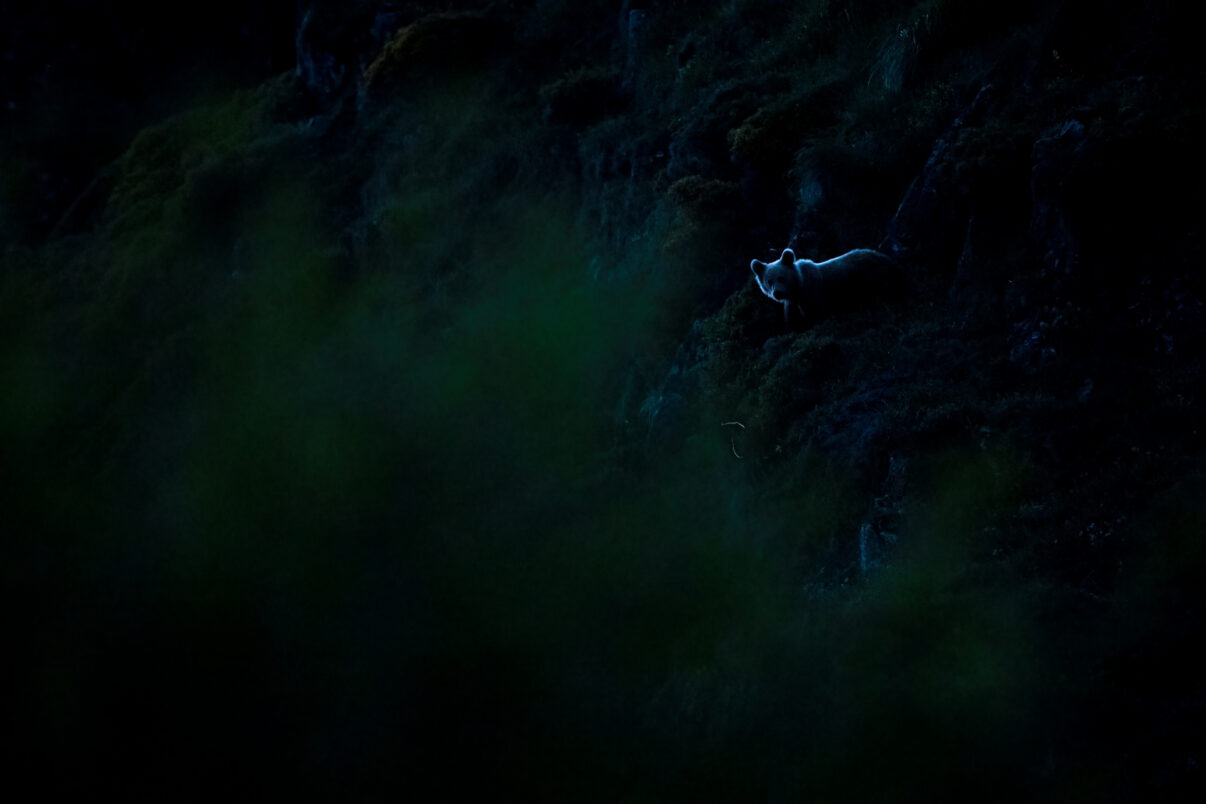
Last year’s European Wildlife Photographer of the Year competition, which is organised by the German Society for Nature Photography (GDT), saw the launch of a special Rewilding Europe Award. The award’s prize-winning photos skilfully captured the beauty of nature and elements of European rewilding, with the top prize – a trip to one of Rewilding Europe’s rewilding landscapes worth 1500 euros – going to Joshi Nichell. The 25 year-old German photographer and filmmaker wowed the judges with his beautifully backlit shot of a nocturnal brown bear, taken in the Spanish region of Cantabria.
We caught up with Joshi, who is currently based in the German town of Landau, to find out more about his life, his work, and his thoughts on rewilding.
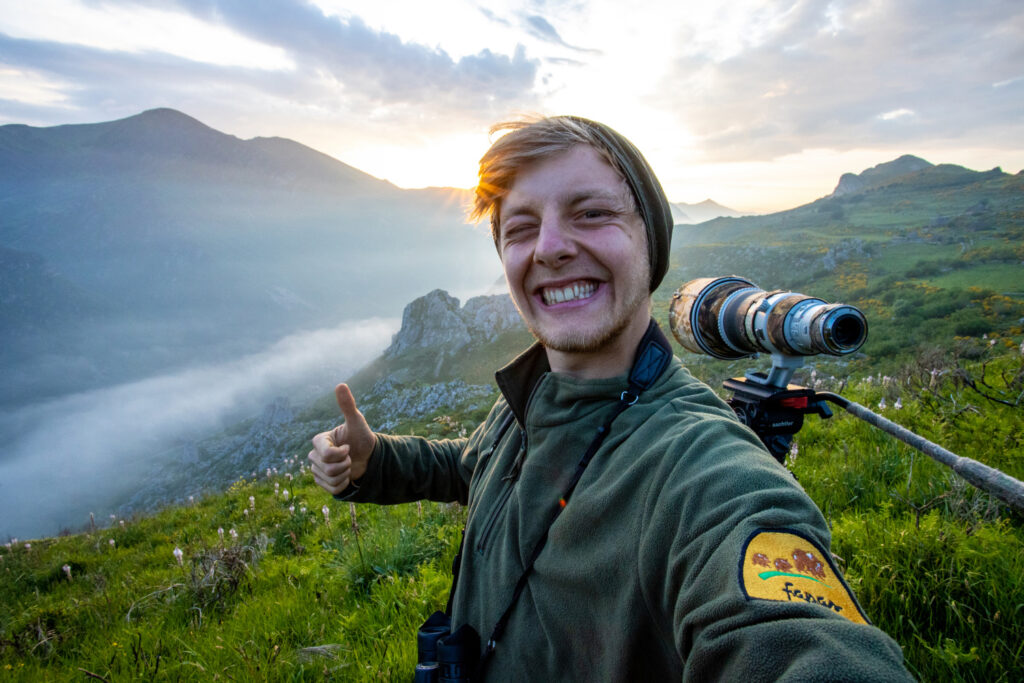
Have you used your prize yet?
I haven’t used the 1500-euro rewilding prize yet because I’ve been too busy, but I’m really looking forward to experiencing and taking photos in one of the landscapes. At the moment I’m thinking of maybe visiting the Central Apennines or Swedish Lapland later this year. I’m already excited about it.
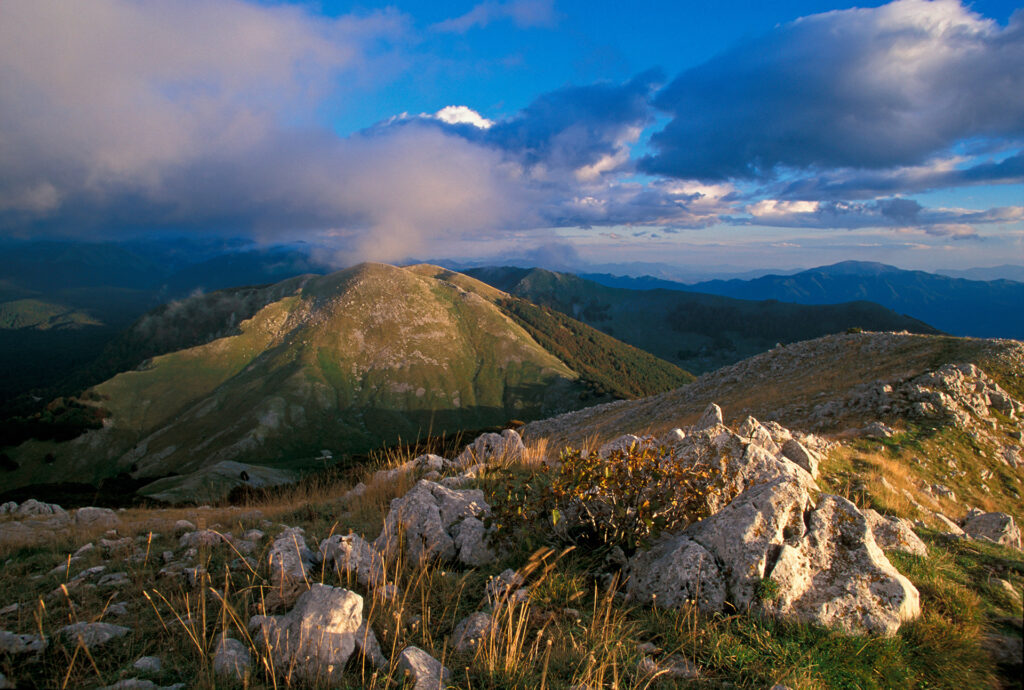
What are you working on right now?
Right now I’m working as a volunteer for an NGO project called Wild Europe. It revolves around telling stories about the protection of European wild places, such as Somiedo Natural Park in Spain and Gesäuse National Park in Austria. The picture of the bear that I shot in the Cantabrian Mountains in Spain was taken while I was working on this project.
For the last few years a team of eight of us have travelled to a selection of these places, creating short films about the unseen heroes of environmental protection to give them a voice and to inspire others. We then share these stories through film screenings, lectures and photo exhibitions, with a particular focus on young people. The aim is to engage and motivate them by showing them a diverse list of nature-focused careers that they could follow. So far we have engaged 10,000 people via presentations and 50,000 people via film festivals.
In addition to this I’m also studying conservation biology and theology in Landau, and working on some small photography projects, as well as making some presentations about my travels and wildlife encounters in South America. In general, my mission is to try to start a fire in people about nature, to really inspire them to appreciate the nature around us and help them to understand how important it is.
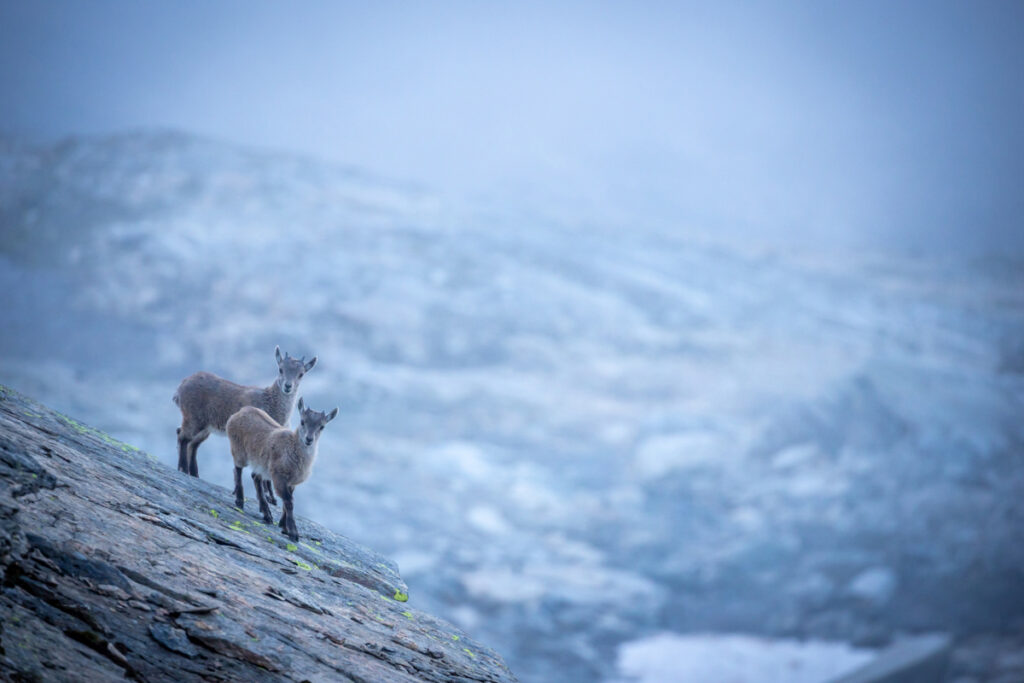
What are your views on rewilding and wildlife comeback?
For me it’s absolutely normal and natural that we have wild animals around us, so in this regard rewilding – which supports wildlife comeback – is essential. Large animals such as bears and wolves are an integral part of healthy, properly functioning ecosystems – if they disappear, then the ecosystems of which they part are less able to provide us with the benefits that we rely on, such as clean air, fresh water and carbon storage.
I really believe that in Europe we can learn to live alongside animals such as bears and wolves, which are now making a comeback of their own accord. In Germany we already have more than 600 wolves, and nobody really noticed! And in northern Spain, in the Cantabrian Mountains, there are now around 300 bears, up from 30 just a few decades ago.
When you talk about coexisting with large carnivores, it’s always challenging, because most people in Europe have forgotten what it’s like to live alongside these animals. It requires a change in mindset, and an acceptance from our side. But there are always solutions, always ways to promote coexistence. There are lots of good examples in Europe that show that things are gradually changing. I’m optimistic about a wilder future for Europe, including the return of big mammals.
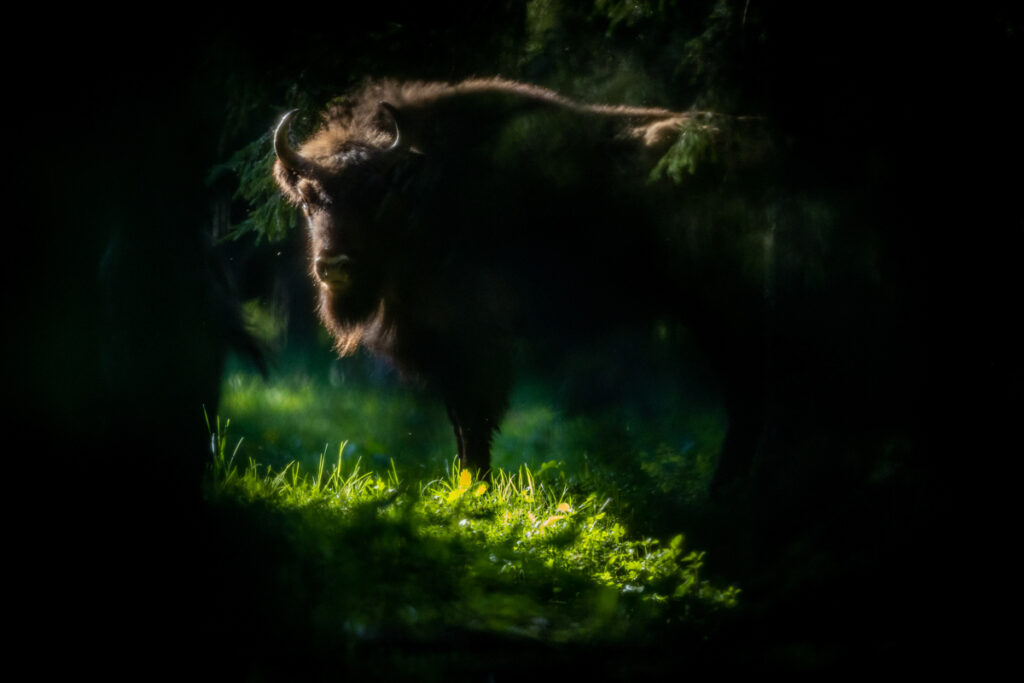
What are your views on wildlife photography competitions like the European Wildlife Photographer of the Year?
Last year was the first time I had entered such a major competition – in the past I didn’t think my photos were good enough, and I didn’t really like the idea of competing to be the best. But sometimes when you’re very young people don’t take you seriously – they think along the lines of: “this little guy, what can he do?”. The moment I won the prize I felt more on a level with more established, older photographers, which was great. It’s helped to legitimise my work, and let me reach out to more people. People generally look a bit more closely at a prizewinning photo, which means you have more opportunity to engage them and discuss the message behind it.
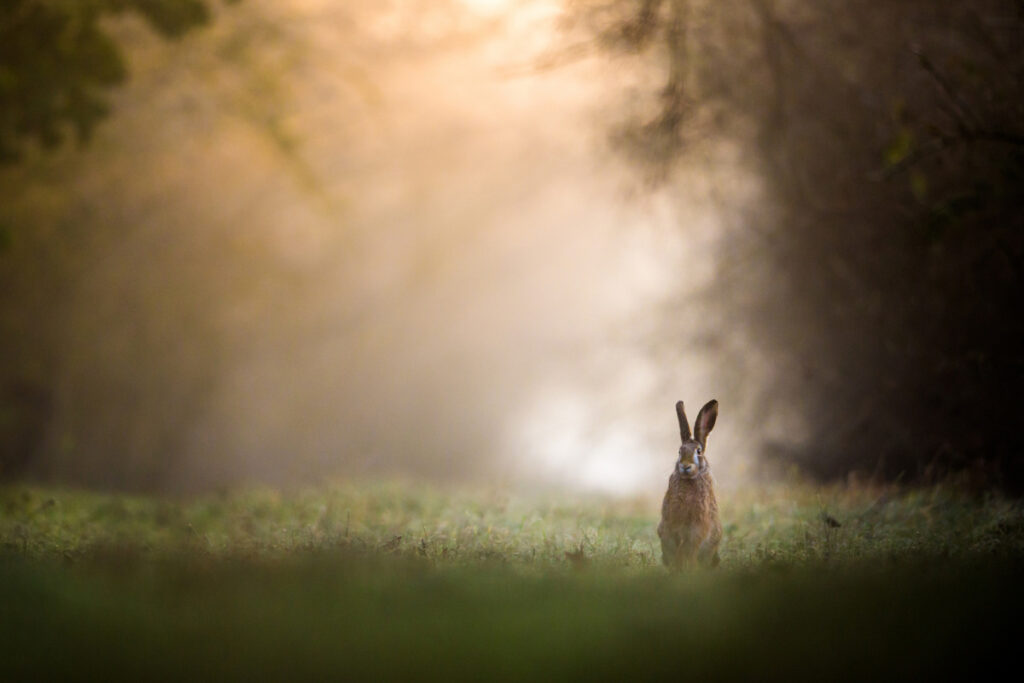
Can you tell us a bit more about what it was like to shoot the prizewinning photo?
For me it was a magical moment to shoot this picture. It was almost evening and the bear was backlit by the very last light of the day – it was already very dark. I had a good lens with a tripod, and used a high ISO on the camera to make the sensor more sensitive to the available light. With my own eyes I could hardly see the bear and in the background I could already hear owls starting to call. The feeling of being alone in the valley with this wild animal in such a situation was very special – this is my intimate connection with the picture, which now has a bigger message about the recovery of nature in Europe.
Rewilding Europe Award
In collaboration with the German Society for Nature Photography, this year’s European Wildlife Photographer of the Year competition now features a special Rewilding Europe Award. The closing date for image submissions has now passed, with competition winners to be announced later in the year.
